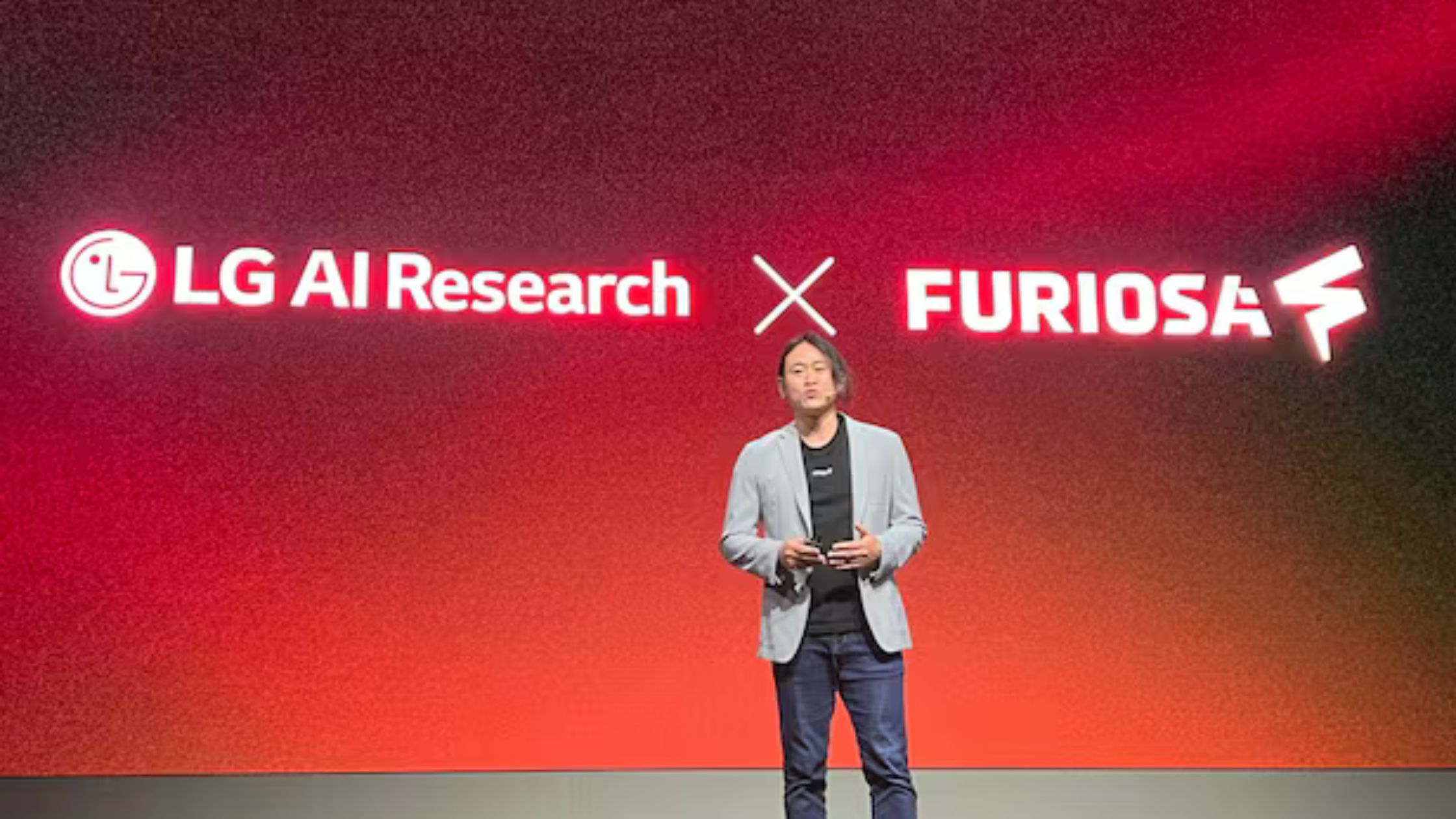AsiaTechDaily – Asia's Leading Tech and Startup Media Platform

FuriosaAI Secures $125M Series C to Scale Energy-Efficient AI Chips
FuriosaAI, a South Korean startup specializing in AI semiconductor design, has raised $125 million (approximately 173.6 billion won) in its Series C funding round. This latest investment brings the company’s total funding to $246 million (around 341.7 billion won) as it accelerates efforts to meet rising global demand for high-performance AI chips.
The fresh capital will support the production and roadmap expansion of FuriosaAI’s flagship neural processing unit, RNGD, short for “Renegade.” Positioned as a challenger to Nvidia in the AI chip market, the second-generation Renegade chip aims to deliver efficient AI inference for enterprise customers, backed by strategic collaborations such as its partnership with LG AI Research.
FuriosaAI has secured new funding from Kakao Investment, PI Partners, Keistone Partners, and the state-run lenders Industrial Bank of Korea and Korea Development Bank. The company plans to channel the capital into ramping up production of its RNGD (Renegade) AI accelerator, advancing its next-generation chip program, and broadening its market reach.
Founded in 2017, FuriosaAI has now raised a total of $246 million and carries a valuation of $735 million.
Kakao Investment CEO Do-Young Kim praised FuriosaAI’s innovation, noting that its Tensor Contraction Processor (TCP) architecture delivers both high performance and power efficiency, which are critical for next-generation AI applications. PI Partners CEO Yoon D. Kang also highlighted that the startup has proven its ability to scale AI computing sustainably and solve the limitations of power-hungry GPUs.
FuriosaAI positions its chips as an alternative to legacy GPUs that struggle with rising power consumption and operational costs. Its RNGD accelerator was recently adopted by LG AI Research for the Exaone large language model, where it delivered 2.25 times better inference performance per watt compared to traditional GPUs. This design win validates the chip’s readiness for enterprise AI workloads.
The company’s approach centers on its TCP architecture, which co-optimizes hardware and software to minimize inefficient data movement. This results in a lower total cost of ownership and improved scalability for enterprise AI deployments. FuriosaAI sees this as a crucial step toward making AI computing both economically and environmentally sustainable.
“LG AI Research’s adoption of RNGD has validated our chip’s performance and superior energy efficiency,” said Furiosa CEO June Paik. “Now we are scaling RNGD production globally to meet growing customer demand and applying learnings in the development of our next-generation chip.”
To support this expansion, FuriosaAI has strengthened its leadership team. KAIST professor Jeehoon Kang has joined as Chief Research Officer to lead compiler and software architecture, while Youngjin Cho, a former Samsung Electronics corporate vice president and silicon expert, has been appointed Vice President of Hardware to accelerate chip development.
The company aims to reshape AI infrastructure with chips that deliver higher efficiency and scalability, addressing the urgent demand for sustainable AI computing.
Image credits: FuriosaAI


